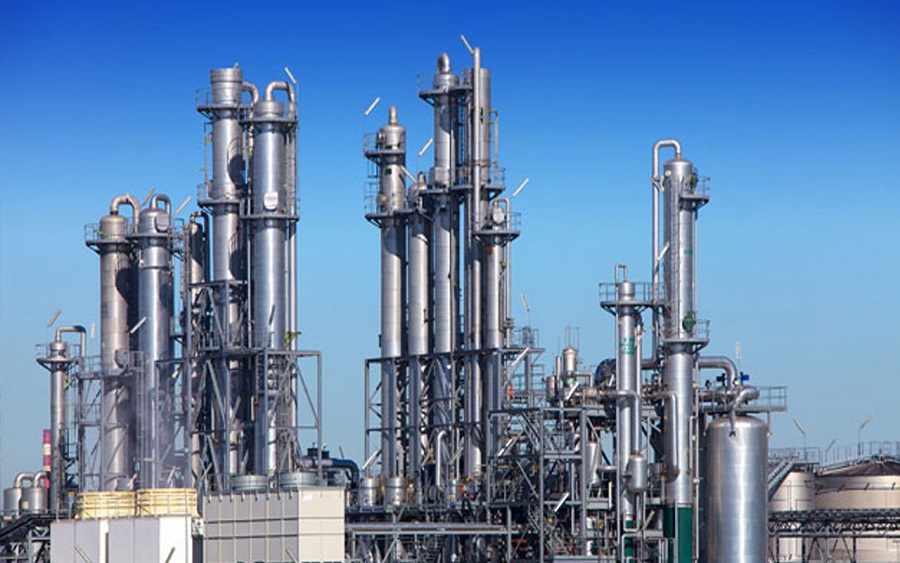
PH Refinery: A litmus test for Nigeria’s leadership
The ongoing saga of the Port Harcourt Refinery is a stark reminder of the persistent shortcomings in Nigeria’s oil sector.
The Nigerian National Petroleum Corporation (NNPC) Limited’s inability to adhere to its self-imposed deadlines for the refinery’s revival is more than just a source of frustration; it reflects deeper systemic issues that need urgent attention.
The Port Harcourt Refinery, with its capacity of 210,000 barrels per day, has been mired in delays that stretch back to December 2023. NNPC Limited has promised multiple times that the refinery would be operational by various dates, yet each deadline has come and gone without the refinery producing a single drop of refined product.
Most recently, NNPC’s chief executive, Mele Kyari, assured that the refinery would commence operations in early August. Now, as mid-August arrives, that promise remains unfulfilled, and the refinery remains inactive.
This delay follows the awarding of a $1.5 billion repair contract to Tecnimont SPA in March 2021, with the project intended to be completed in three phases over 18, 24, and 44 months.
Despite the involvement of renowned entities like Italy’s Maire Tecnimont and the oil major Eni for technical advisory, the refinery’s revival seems as distant as ever.
The repeated failures to meet deadlines, coupled with the lack of concrete explanations from NNPC Limited, are deeply troubling. Nigerians are left questioning not only the operational efficiency of NNPC Limited but also the transparency and accountability of the entire project management process.
It is high time for NNPC Limited to provide clear, honest updates and address the underlying issues causing these continual delays. Only through such transparency can trust be rebuilt and the goal of a fully operational Port Harcourt Refinery come within reach.
The persistent failure to meet deadlines for the Port Harcourt Refinery highlights a broader issue within Nigerian leadership: public officials frequently make grand promises only to fall short, often without facing any repercussions.
Accountability in such situations is notably absent, as there are neither sanctions for missed deadlines nor clear explanations for the delays. The urgency of revitalising the Port Harcourt Refinery and other domestic refineries cannot be overstated. Nigeria’s current approach of relying on imported refined petroleum products is financially burdensome.
The country spends a significant portion of its revenue on these imports, which also exerts considerable pressure on the local currency due to the high demand for foreign exchange.
Finance and Coordinating Minister of the Economy, Wale Edun, recently revealed that Nigeria is expending a staggering $600 million monthly on fuel imports. Given this substantial expenditure, there is an imperative for NNPC Limited to expedite the operationalisation of the Port Harcourt Refinery and other facilities.
The situation is even more perplexing considering Nigeria’s vast oil reserves and the potential benefits of modular refineries. Despite these resources and opportunities, the country remains heavily dependent on imported petroleum products, with over 80 percent of its domestic fuel needs being met through imports. This dependency underscores the critical need for Nigeria to prioritise and accelerate the development of its refining capacity.
The rehabilitation of the Port Harcourt Refinery presents a crucial chance for Nigeria to cut its fuel import costs. It is essential to ensure that this project progresses without further delays.
Nigeria could draw valuable lessons from Angola, Africa’s second-largest oil producer, which is advancing its refinery expansion. Angola is working on three new refineries in Cabinda, Lobito, and Soyo, alongside its existing 65,000 bpd plant in Luanda. The Cabinda refinery is set to start operations by the end of this year, with Lobito and Soyo refineries expected to follow from 2025, aiming to boost the country’s refining capacity to 400,000 bpd.
While private refineries, such as the Dangote Refinery, already contribute to Nigeria’s refining sector, the importance of maintaining and optimising public refineries cannot be overstated. Effective energy security requires proactive government involvement in key projects like petroleum refining.
The NNPC Limited and the oil and gas sector have recently faced intense public scrutiny due to the high cost of fuel in the country and issues surrounding crude supply to the Dangote Refinery.
Nigerians are right to demand that the Port Harcourt Refinery, which has received a significant investment of $1.5 billion, must become operational without further delay.
It is unacceptable for the nation to continue spending vast sums on petrol importation while citizens are forced to buy petrol at nearly N1,000 per liter, when local refining could provide relief. We call on NNPC to transparently disclose the current status of the Port Harcourt Refinery.
The repeated missed deadlines without plausible explanations are unacceptable. It is time for accountability and progress.




